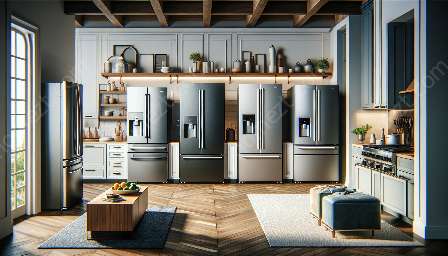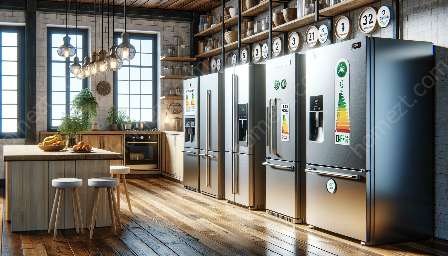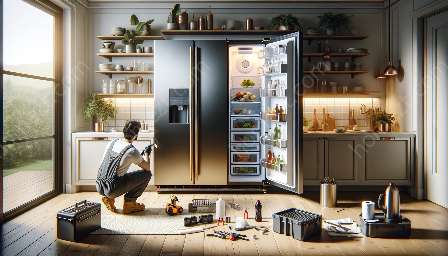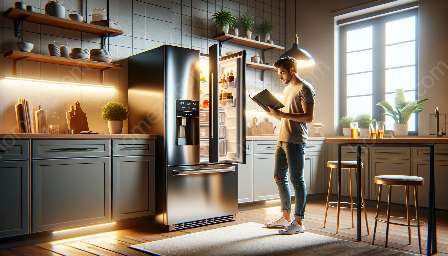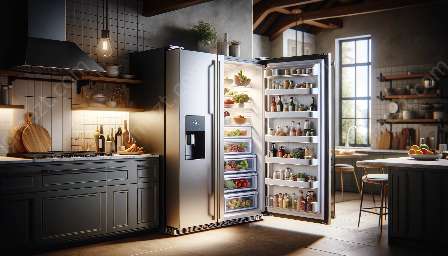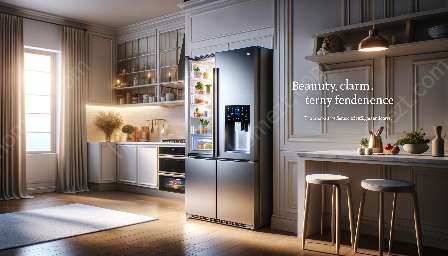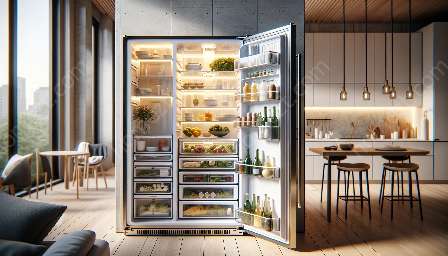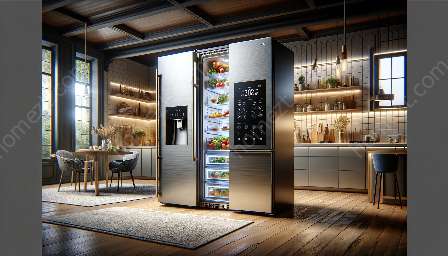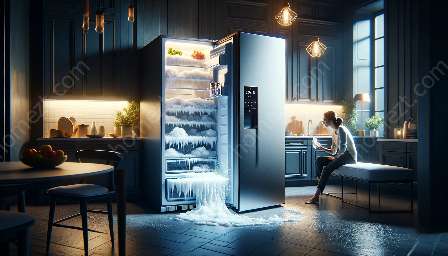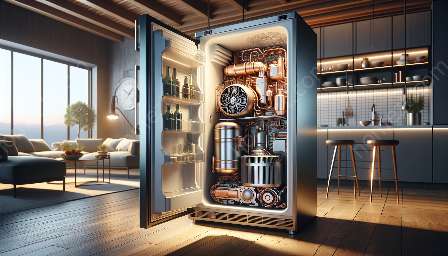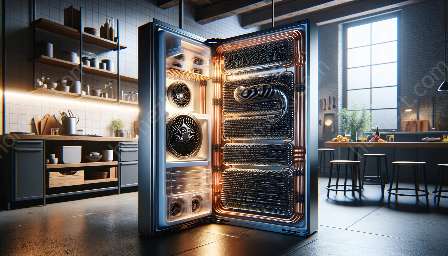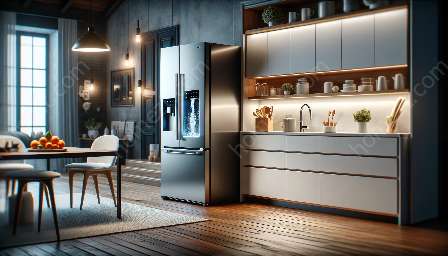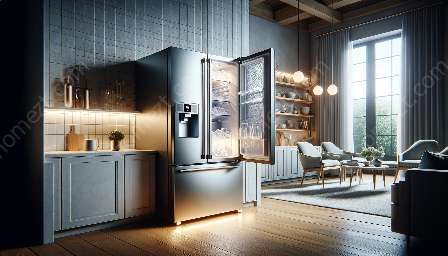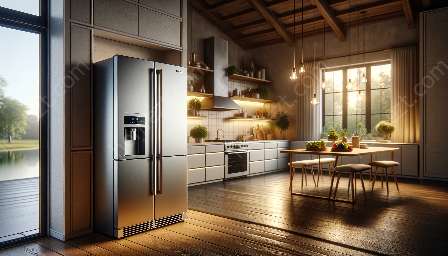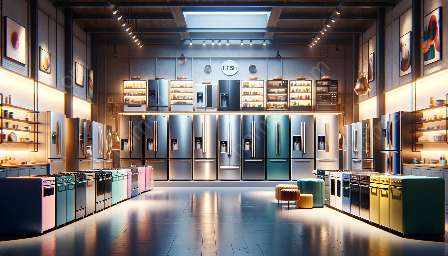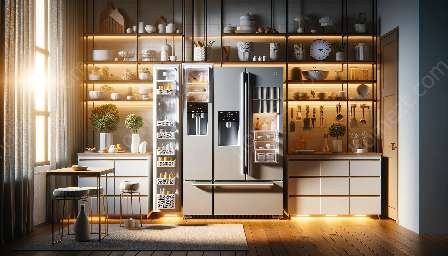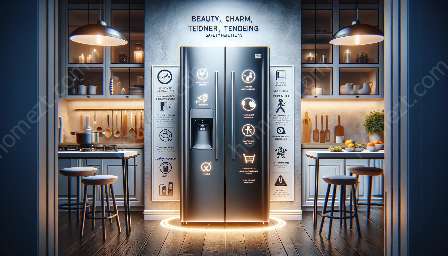The refrigerator has become an indispensable part of modern households, providing an essential function of preserving and cooling food and beverages. In recent years, the technology powering refrigerators has evolved significantly, introducing innovative features and enhanced energy efficiency. This article delves into the exciting advancements in refrigerator technology, from smart refrigerators to eco-friendly cooling systems, and explores the future trends shaping the industry.
Smart Refrigerators: Connecting Your Kitchen
The emergence of smart technology has revolutionized refrigerator design, offering homeowners a seamless and convenient way to manage their kitchen. Smart refrigerators come equipped with touchscreens, Wi-Fi connectivity, and integrated digital assistants, allowing users to create shopping lists, stream music, and access recipes directly from the refrigerator door. Furthermore, these smart appliances can send alerts about food expiration dates, recommend recipes based on available ingredients, and even offer integration with smart home systems for enhanced control and automation.
Energy-Efficient Cooling
Energy efficiency has become a focal point in the development of modern refrigerators. Manufacturers are constantly striving to minimize energy consumption without compromising on performance. Advanced insulation materials, LED lighting, and optimized cooling systems contribute to reducing power usage and lowering utility bills. Additionally, some models feature inverter compressors that adjust cooling capacity based on demand, resulting in significant energy savings over time.
Environmentally-Friendly Refrigerants
Refrigerators are transitioning away from traditional refrigerants known for their adverse impact on the environment. Newer models integrate eco-friendly refrigerants such as R600a, R290, and R32, which have lower global warming potential and ozone depletion potential. These refrigerants contribute to reducing the carbon footprint of refrigeration technology while complying with environmental regulations and standards.
Customizable Storage and Organization
Modern refrigerators offer customizable storage solutions to accommodate diverse needs and preferences. Adjustable shelves, flexible door bins, and expandable drawers provide users with the ability to optimize storage space according to their specific requirements. Some models even feature specialized compartments for preserving delicate produce, maintaining optimal humidity levels, and preventing cross-contamination between different food items.
Enhanced Food Preservation
Advancements in refrigeration technology have improved the efficiency of food preservation, extending the shelf life of perishable items and reducing food waste. Features such as multi-airflow systems, dedicated humidity control, and rapid cooling functions ensure that food remains fresh for longer periods. Additionally, some refrigerators incorporate UV sterilization and air purification technologies to create a healthier and more hygienic environment for stored food items.
Future Trends and Innovations
The future of refrigerator technology holds promising advancements that aim to further enhance user experience and environmental sustainability. Anticipated developments include enhanced connectivity with smart home ecosystems, integration of artificial intelligence for predictive maintenance, and the utilization of sustainable materials in refrigerator construction. Furthermore, ongoing research into alternative cooling technologies, such as magnetic refrigeration and thermoelectric cooling, could lead to breakthrough innovations in the coming years, offering consumers more efficient and eco-friendly refrigeration solutions.


